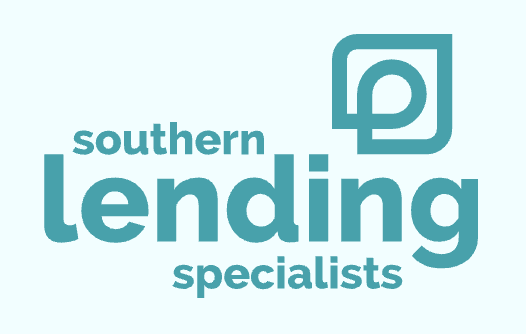Frequently Asked Questions.
First Homes
-
How much can we borrow?
Every bank is different. Because they use their own formulas, some may offer you larger loans than others. We can help you make sure the amount they're offering is right for you, as well as explain the risks of lending and how to manage them.
-
What size deposit do I need?
The larger your deposit, the easier it is to get a loan, but most banks will lend with as little as 5% deposit. An alternative if you have no deposit, is to use a guarantor. Talk to us about how this works.
-
Should I borrow to my limit?
While no bank will loan you more than you can repay, the larger your loan, the more interest you will pay. The standard residential mortgage repayment period is 30 years. A loan you can repay faster, even if just by a few years, will save you a lot of money.
-
How do I get the best structure?
The simple answer is: talk to us. We're not tied to one bank – we know exactly what's on offer. We'll help you pick the best package for your situation, because it's our job to know a good deal when we see one
-
How do I save money?
You can save money in lots of different ways. A lower interest rate is good, but there's no guarantee it will stay that way in the long term. Paying more off your mortgage right now – even just a little – can save you thousands in the future.
-
If my loan gets turned down?
No two banks are the same, and we're familiar with all of them. Each of them gives different weight to different factors. So if your first application doesn't get the big tick, we'll shift you to a bank where approval is more likely.
Your Next Home
-
Do we have to sell first?
There's no one 'right way' to do it. If you sell before you buy, you may need to live somewhere else until the sale comes through, which means moving twice. But if you've already bought, you may find yourself needing to sell your old home fast, which can affect the price you get and add extra costs. We're here to help you weigh the factors and make the best decision for your situation.
-
Do I stay with my current bank?
Whether you stay or go, you want to know you're getting the best offer available. If you’re considering moving on we will show you the pros and cons, and disclose potential additional costs associated with switching banks, to assist you in making an informed decision.
-
What do I need to make from the sale?
In a perfect world, you would make at least 20% of the deposit on your next house. That doesn't mean you have to, but if you're concerned that you may not reach this mark, talk to us about getting pre-approval on your new loan – so you don't find yourself stuck.
Property Investment
-
Must I have repaid my home loan?
In a word, no. Depending on your equity in your first property, you may be able to borrow the investment property's full value.
-
What size deposit do I need?
For those owning a property already, a cash deposit may be unnecessary – you may be able to use your current property as security. I
-
Do I want increased value or better rental?
It all depends on your strategy as an investor – there's no one way to do it. If you're interested in laying down a property investment plan, start by talking to Southern Lending Specialists. We can turn your financial situation into a sound strategy for success.
Refinancing
-
Is changing banks difficult?
Banks are familiar with helping you through this process. They have people to help you switch your income over, set up your direct debits and automatic payments – and make the move straight forward.
-
Are there costs for changing banks?
Yes, such as lawyer's fees, but with our help the new bank may cover the costs. Fixed rate loans may also incur a breaking fee. Whether you wait for the term to end, or break the loan, depends on several factors. If you do, it's possible your new bank will cover the charge.
Construction
-
What is a construction loan?
If you're building a new home or renovating, a construction loan can help cover the costs. These instruments usually have a floating rate, but some may be fixed. A construction loan will also often only allow repayment on the interest during the construction period.
Fees
-
How much do you charge?
At Southern Lending Specialists, we provide expert mortgage advice to help you navigate the home loan process. we may receive a commission from lenders when a mortgage is arranged. Lenders may also charge fees for their mortgage products, which will be fully disclosed during the application process.
for more information, see our public disclosure here
